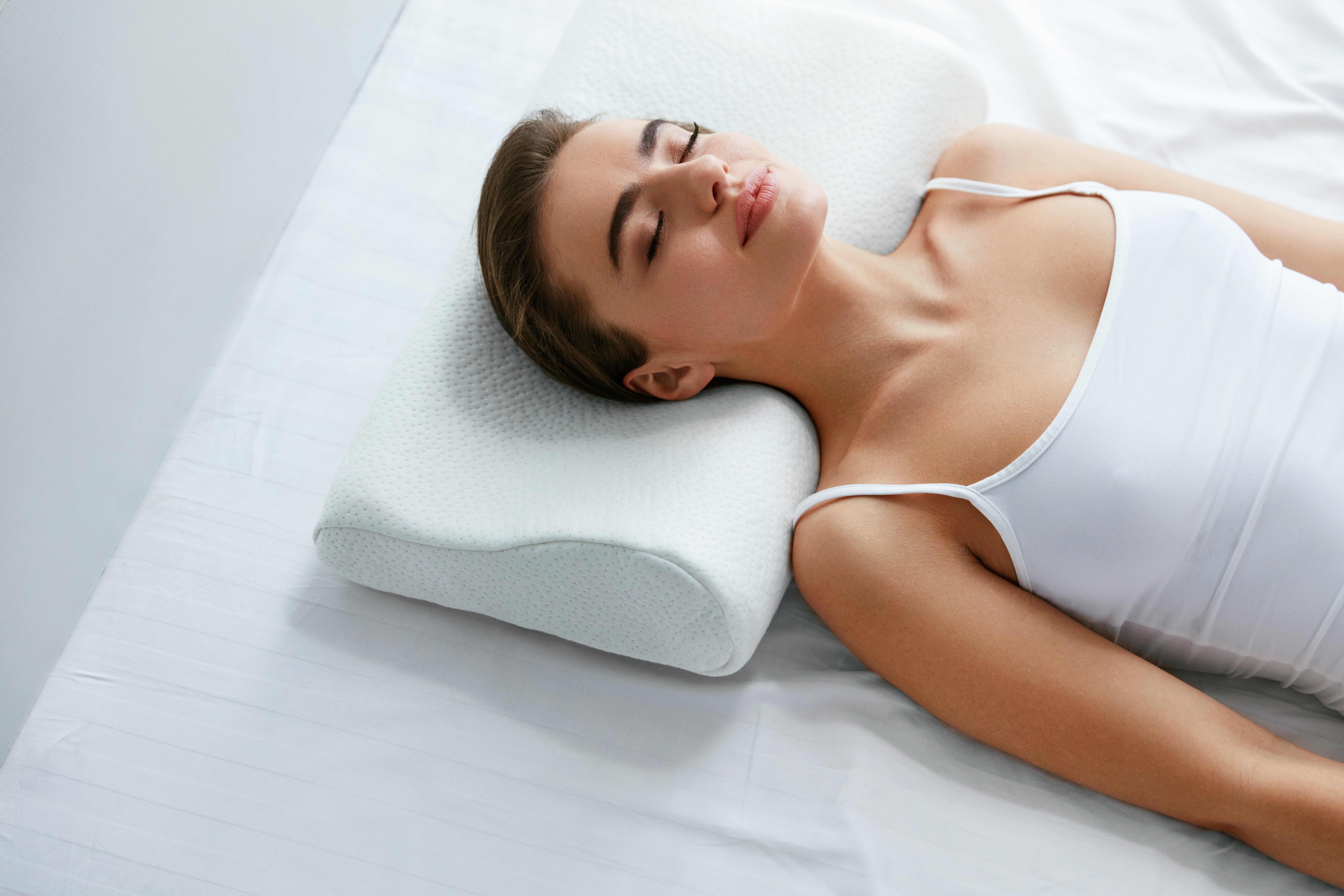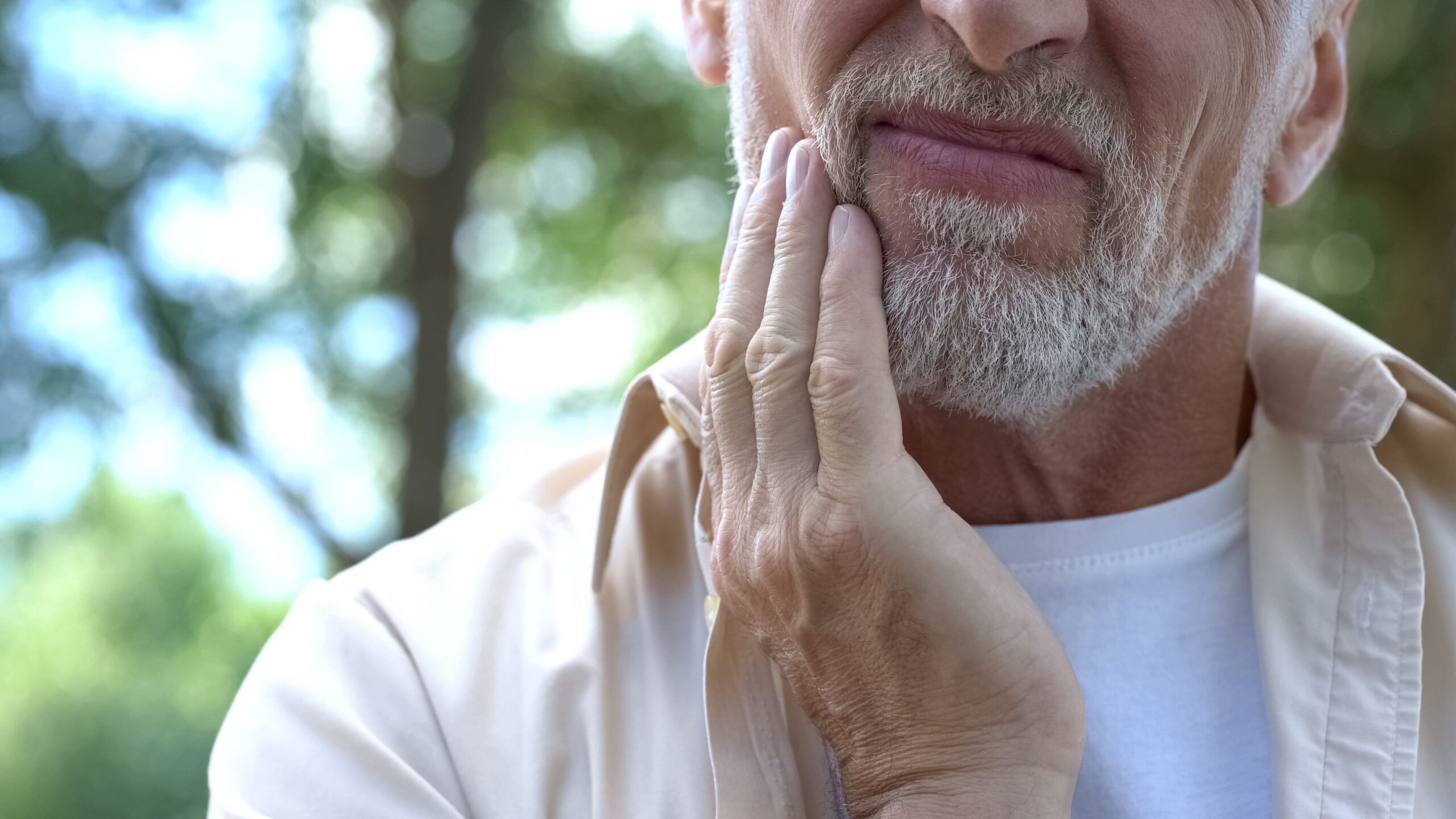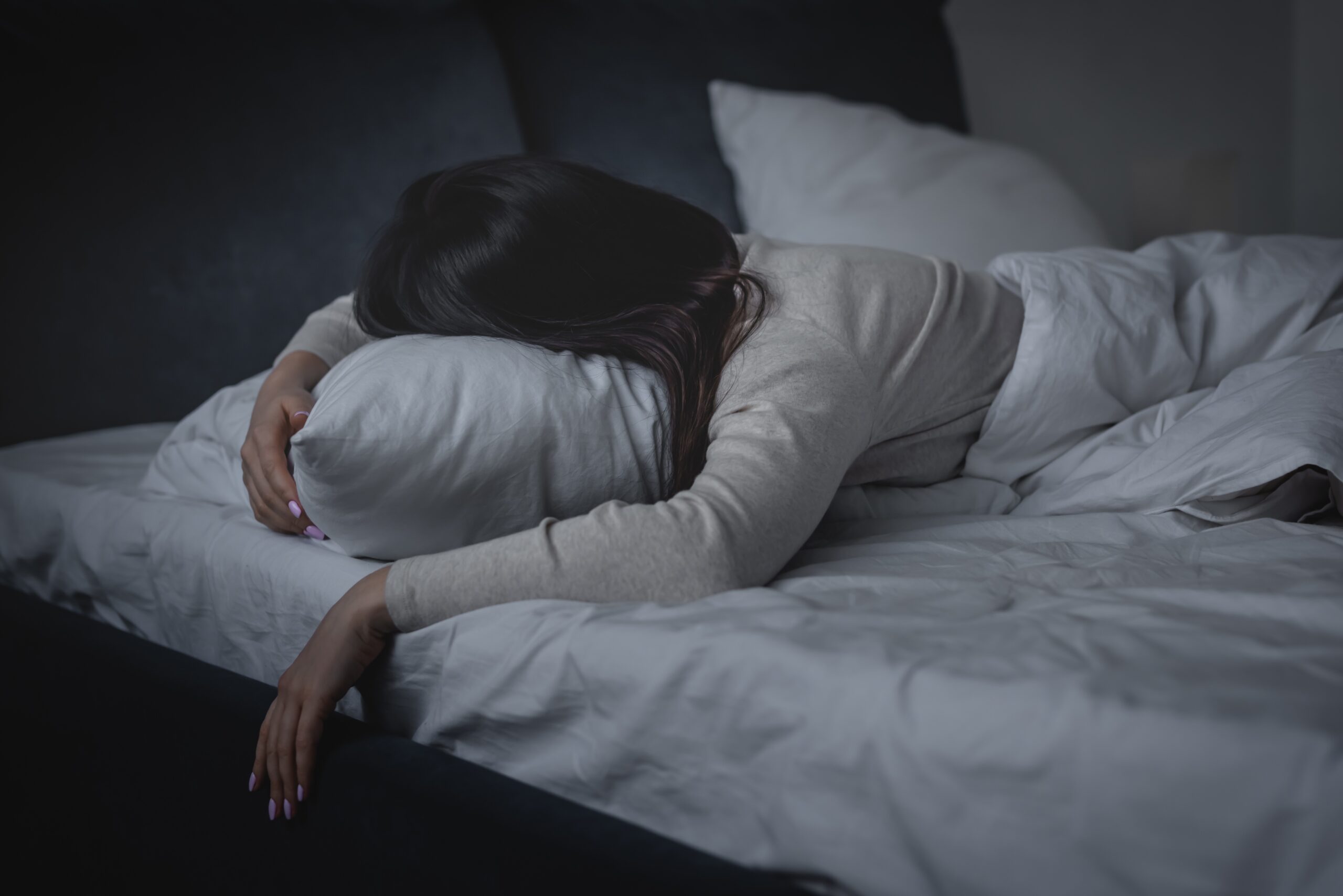A single night of sleep deprivation is enough to affect your mood. However, if you continuously don’t get enough sleep, you could also experience anxiety and depression.
According to the National Sleep Foundation, those who experience extreme daytime sleepiness are more prone to suffer from mental health issues including depression. That connection is much more pronounced if you have untreated obstructive sleep apnea, a sleep disease marked by breathing pauses throughout the night and a major contributor to extreme daytime drowsiness.
The article outlines the correlation between sleep apnea and depression.
Is There a Connection?
A sleep ailment called sleep apnea makes you stop breathing while you’re asleep. Your daily life may be impacted by the sleeplessness, exhaustion, and headaches that might result from it.
Recent studies have also demonstrated a link between sleep apnea and depression.
A severe depressive episode affects 15 million individuals annually, while there are an estimated 18 million Americans who suffer sleep apnea. As a result, both illnesses may have an impact on a sizeable portion of the population.
Extreme Daytime Sleepiness, Sleep Apnea, and Increased Depression Risk
In contrast to feeling a little fatigued, extreme daytime drowsiness is characterized by a struggle to stay up, function, and carry out daily responsibilities at home and at work. EDS is a sign of a bigger, more severe sleep issue, such sleep apnea, rather than a separate illness.
Obstructive sleep apnea and an elevated risk for mood disorders have been linked by some strong evidence. According to research published in February 2015 in the Journal of Clinical Sleep Medicine, those who experience depression and post-traumatic stress disorder may also be more prone to suffer apnea.
In another research published in April 2012 in the journal Sleep, regular snoring and breathing pauses are linked to a higher risk of depression. People with obstructive sleep apnea had a considerably greater chance of developing depression.
What Might Explain the Link Between Sleep Apnea and Depression
If you suffer frequent sleep interruptions, your brain’s activity and neurochemicals may shift, which might make you feel worse.
In addition to receiving low oxygen levels during an obstructive sleep apnea event, you also retain carbon dioxide, which causes your blood to become acidic. Your brain centers detect that you aren’t breathing and release neurotransmitters that cause a microarousal, causing you to take a breath as this blood travels to your brain.
The issue with apnea is that you might have hundreds of these microarousals per night. Your brain’s neurotransmitters are exhausted when you get up, and you experience fatigue and drowsiness throughout the day. You also lack the stamina to engage in activities that might help prevent sadness and anxiety.
Hence, sleep and mood are related, and insufficient sleep is associated with depression. Some people develop symptoms for both disorders simultaneously, while others first experience sleep deprivation and then depression.
While studies have shown a connection between insomnia and depression, one earlier study discovered that sleep-related insomnia, such as sleep apnea, had the strongest associations with sadness and anxiety. Furthermore, depressive symptoms were present in around 46% of persons with obstructive sleep apnea.



